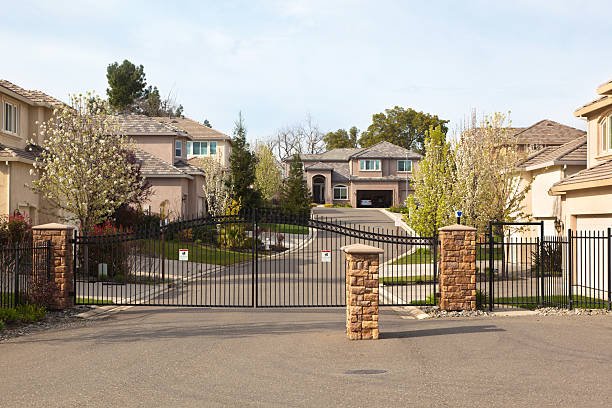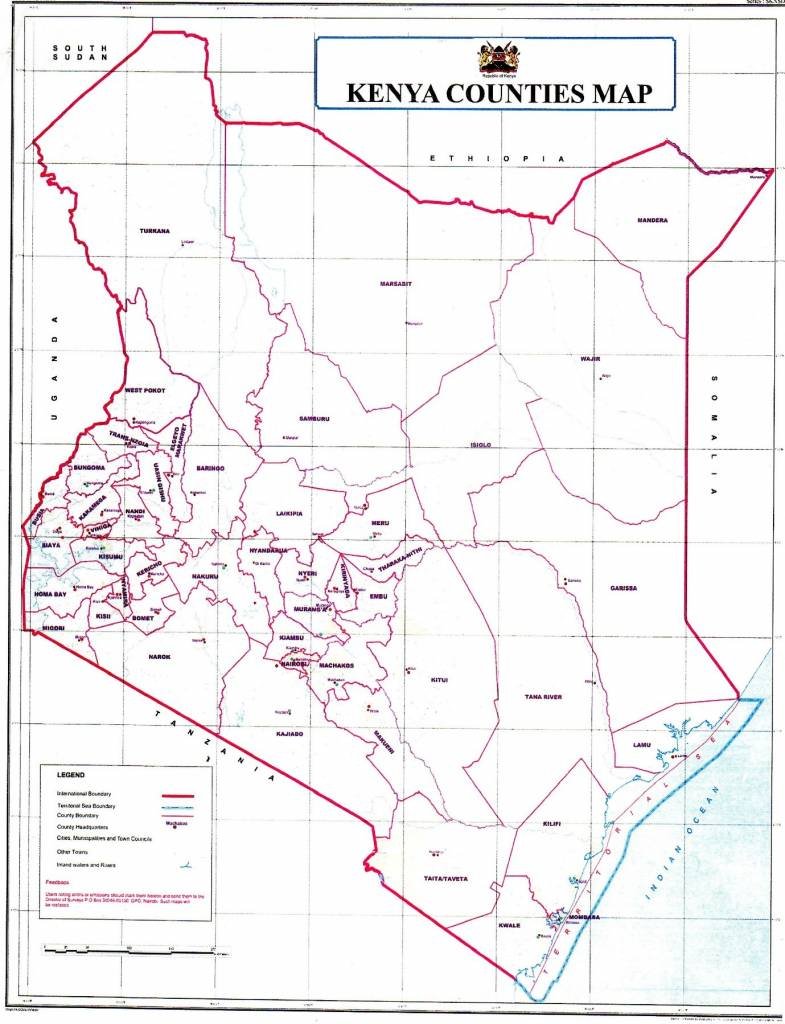📌 Types of Residential Properties in Kenya
Here are the most common residential property types available:
| Property Type | Description |
|---|---|
| Apartments | Ideal for singles and small families; popular in Nairobi suburbs |
| Townhouses | Multi-level homes with shared walls; found in growing estates |
| Gated Communities | Secure developments with amenities; ideal for families |
| Bungalows | Standalone houses; often in Karen, Lavington, and Diani |
| Affordable Housing Units | Government-supported housing projects under Big Four Agenda |
📌 Developers like Home Afrika , Jamii Bora Housing , and Stima Housing offer structured payment plans for middle-income buyers.

📍 Top Locations for Residential Real Estate in Kenya
Different neighborhoods suit different lifestyles and budgets:
| Location | Highlights |
|---|---|
| Karen | Upscale, green, secure, family-friendly |
| Lavington | Central location, vibrant lifestyle |
| Westlands | Close to universities, shopping, and tech hubs |
| Ruiru | Affordable housing with strong appreciation potential |
| Diani Coast | Lifestyle appeal, tourism-driven rentals |
| Eldoret | Educational hub with student-focused rentals |
| Naivasha | Emerging market with land banking and lakefront homes |

💰 Average Residential Property Prices (2025)
| Property Type | Area | Price Range (KES) |
|---|---|---|
| Apartment | Lavington | 4M – 7M |
| Gated Community Unit | Ruiru | 2.5M – 4M |
| Townhouse | Westlands | 5M – 9M |
| Luxury Villa | Karen | 10M – 20M |
| Affordable Home | Embakasi South | 2M – 3.5M |
| Coastal Villa | Diani | 8M – 15M |
📌 Prices vary based on developer, size, and infrastructure access.
📈 Expected Returns on Residential Investments
Depending on where and what you invest in, returns can be quite attractive:
| Investment Type | ROI (Annual) |
|---|---|
| Nairobi Rentals | 5% – 8% |
| Coastal Short-Term Rentals | 8% – 15% |
| Land Banking in Ruiru / Naivasha | 10% – 20% appreciation |
| Affordable Housing Projects | 6% – 9% through rental income |
📈 These figures make Kenya one of the most promising residential real estate markets in East Africa.
🧭 How to Buy Residential Property in Kenya
Here’s a simple breakdown of the process:
Step 1: Define Your Budget & Needs
Are you buying your dream home or an investment property?
Step 2: Research Listings Online
Use platforms like:
- Zameen Africa
- Property24 Kenya
- Jengo Real Estate
📌 Tip: Set alerts for keywords like “apartment for sale Nairobi” or “land for sale Ruiru”.
Step 3: Visit the Property
Always view in person or use a trusted agent for remote buyers.
Step 4: Conduct Due Diligence
Hire a licensed surveyor and advocate to verify title deeds and boundaries.
Step 5: Negotiate & Sign Offer
Agree on price and terms. Pay booking fee if applicable.
Step 6: Legal Transfer Process
Your lawyer prepares transfer documents and completes registration at the Registrar of Titles .
📌 Timeline: Typically takes 4–8 weeks after signing the agreement.
🚨 Risks to Watch Out For
Despite its potential, residential real estate in Kenya comes with risks:
| Risk | Explanation |
|---|---|
| Fraudulent Title Deeds | Fake or duplicated title deeds still exist |
| Double Selling | Some sellers sell the same property twice |
| Market Saturation in Nairobi CBD | Oversupply affects resale and rental yields |
| Unregulated Land Grabbing | Unverified titles and unlicensed brokers remain a concern |
| Construction Cost Inflation | Rising material prices affect new builds |
📌 Solution: Always work with ISK-certified agents and legal experts.
📊 Emerging Trends in Kenyan Residential Real Estate
| Trend | Impact |
|---|---|
| Smart Cities Development | Tatu City and Konza attract long-term investors |
| Green Building Initiatives | Eco-friendly homes command premium pricing |
| Digital Platforms | Online listing sites increase transparency and access |
| Crowdfunding Models | Smaller investors now access prime properties |
| REITs Expansion | Retail investors earn dividends from commercial-linked residential assets |
📈 These changes are making residential real estate more accessible and profitable.
🧑💼 Careers in Residential Real Estate
If you’re interested in working in the sector, here are popular roles:
| Role | Description |
|---|---|
| Real Estate Agent | Facilitates buying, selling, and renting of homes |
| Property Valuer | Assesses value for sale or mortgage purposes |
| Rental Officer | Manages tenant relations and income generation |
| Developer | Plans and executes construction and development projects |
| Customer Service Executive | Handles inquiries and bookings in agencies |
🎓 Many students from University of Nairobi , JKUAT , and Technical University of Kenya enter the field after graduation.
Frequently Asked Questions (FAQs)
Q1: Can foreigners own residential property in Kenya?
A1: Foreigners cannot own freehold land but can lease land for up to 99 years.
Q2: What is the average return on residential property in Kenya?
A2: Between 5% and 12% annually , depending on location and type.
Q3: Is it safe to invest in land in Kenya?
A3: Yes—if you conduct proper title verification and work with certified professionals.
Q4: Are there REITs (Real Estate Investment Trusts) in Kenya?
A4: Yes, Kenya launched its first REIT in 2020—offering small investors access to income-generating assets.
Q5: Where is the best place to invest in residential property today?
A5: Nairobi suburbs like Ruiru , Ruaka , and Konza-linked zones offer high appreciation and lower entry costs.

Join The Discussion